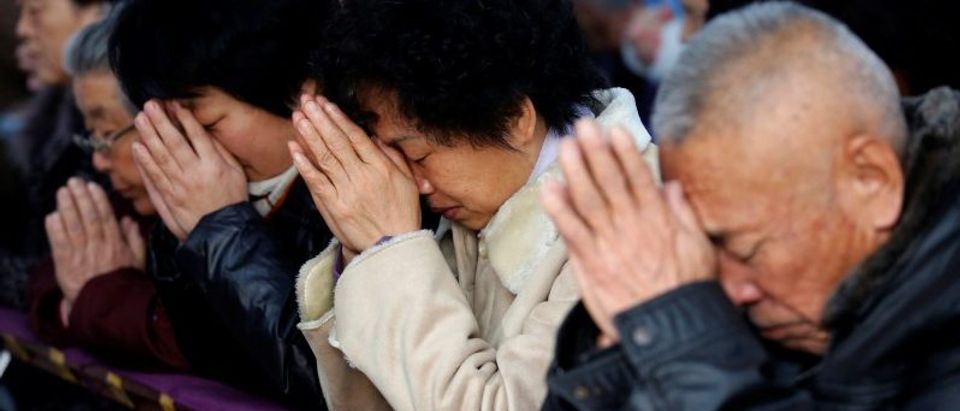Regular readers of this space will know that I am fascinated by the topic of media bias. And the most interesting kind is not obvious or even intentional. For example, a reporter might approach an individual story objectively—but the real bias already occurred upstream, when the decision was made regarding which story to cover. This is called selection bias.
But there’s an even more fundamental form of subtle bias that I hadn’t even considered before. I recently heard journalist and author Krista Trippett talking on the Longform podcast about how journalists approach interviews with religious people.
“Journalists tend to interview religious people the way they do politicians,” she said. “When journalists interview religious people—like when they interview politicians—you come at it from a perspective of skepticism. Justify yourself. Prove that we should take this seriously. However, if you interview a musician or an artist, it comes from a place of appreciation—of understanding that these people are existing and creating in a realm that is mysterious—like, we let that be true with artists. There’s some kind of mystery going on. There’s some kind of ineffable unfathomable—something about human experience that is being brought into expression.”
“I think it would be interesting if journalists would think about religious people of integrity—you know, not the ones who have made themselves into politicians—approach them more like artists with that kind of inquiry.”
Frankly, I suspect that some religious people do get softball interviews. The way American media treat a prominent Southern Baptist minister is probably different (less forgiving) from the way they would treat, say, the Dalai Lama. Still, I found this to be an insightful observation. Why isn’t religion given the same space and respect that we might afford to other aspirational and mystical pursuits?


